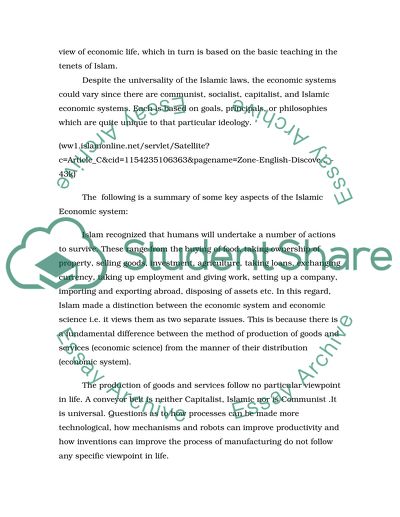Cite this document
(“Islam Economic System Essay Example | Topics and Well Written Essays - 2250 words”, n.d.)
Islam Economic System Essay Example | Topics and Well Written Essays - 2250 words. Retrieved from https://studentshare.org/miscellaneous/1528100-islam-economic-system
Islam Economic System Essay Example | Topics and Well Written Essays - 2250 words. Retrieved from https://studentshare.org/miscellaneous/1528100-islam-economic-system
(Islam Economic System Essay Example | Topics and Well Written Essays - 2250 Words)
Islam Economic System Essay Example | Topics and Well Written Essays - 2250 Words. https://studentshare.org/miscellaneous/1528100-islam-economic-system.
Islam Economic System Essay Example | Topics and Well Written Essays - 2250 Words. https://studentshare.org/miscellaneous/1528100-islam-economic-system.
“Islam Economic System Essay Example | Topics and Well Written Essays - 2250 Words”, n.d. https://studentshare.org/miscellaneous/1528100-islam-economic-system.


